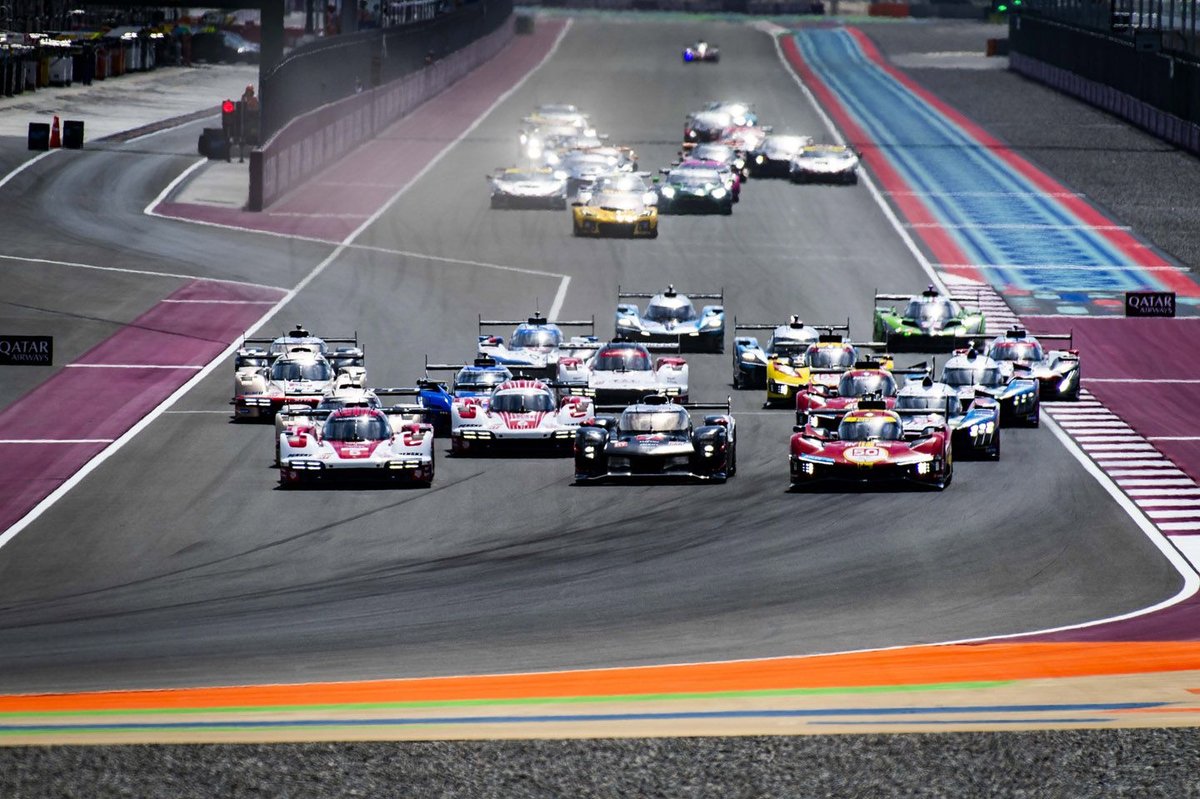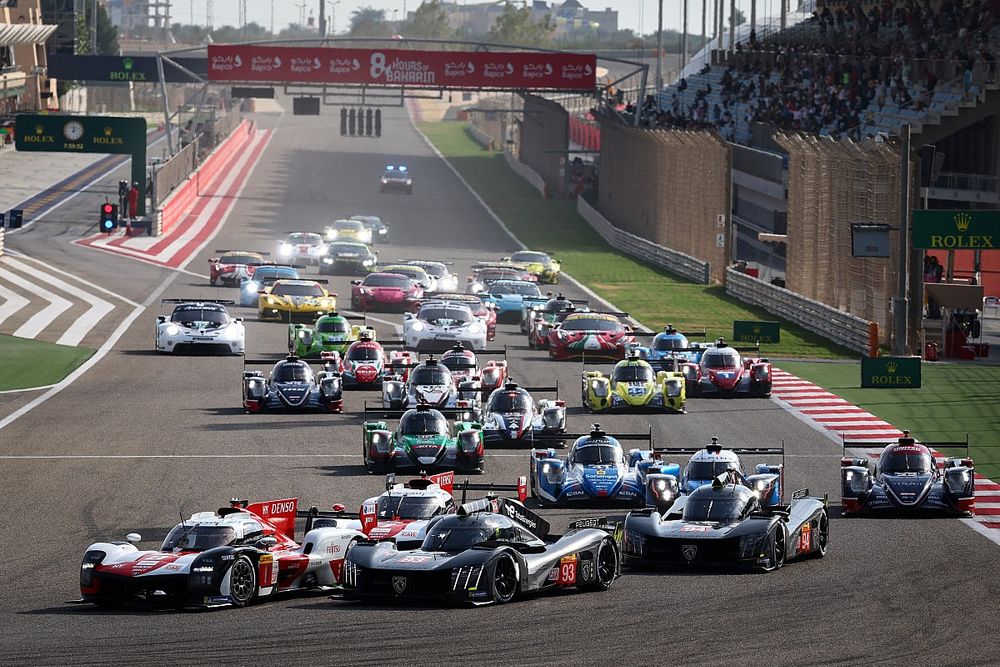Due to the current geopolitical situation in the Red Sea, the FIA World Endurance Championship (WEC) is taking precautions by air freighting the entire grid of 37 cars and related equipment to Europe. This decision is prompted by concerns over safety amid attacks by Houthi rebels in Yemen targeting trade ships in the region.
The move to air freight is to ensure the protection of the vehicles and equipment from potential risks posed by these attacks.
The recent disruptions caused by these attacks have resulted in delays in sea freight shipments, impacting the timely arrival of WEC grid components for pre-season testing in Qatar.
While the testing session was eventually held after a two-day delay, the situation prompted organizers to explore alternative transportation methods for future events.
Shipping the cars by sea to the upcoming Imola 6-Hour race in Italy would have involved navigating through the Red Sea and the Suez Canal, posing potential risks.

In a statement, the series emphasized that air freighting was deemed the safest option to ensure the timely arrival of all equipment for the Imola event. However, the increased cost associated with air transportation will be passed on to the teams.
Reports suggest that some teams may face shipping bills as high as $318,000 to transport their cars to Italy this week. Teams participating in testing sessions at Imola were given priority for shipping arrangements.
While the majority of teams have opted for air freight to ensure their timely participation in the upcoming race, the Chip Ganassi Cadillac team chose to ship their cars via sea freight, resulting in a delay in their arrival.
Conversely, most GT3-class cars have followed suit with air freight, although some smaller and less financially backed teams may have preferred the slower but more economical sea freight option. Nevertheless, for the current round, the series has mandated air freight for logistical and safety reasons.
Also read: Lapierre Finds Schumacher’s Attitude a Pleasant Surprise, Says WEC Teammate

